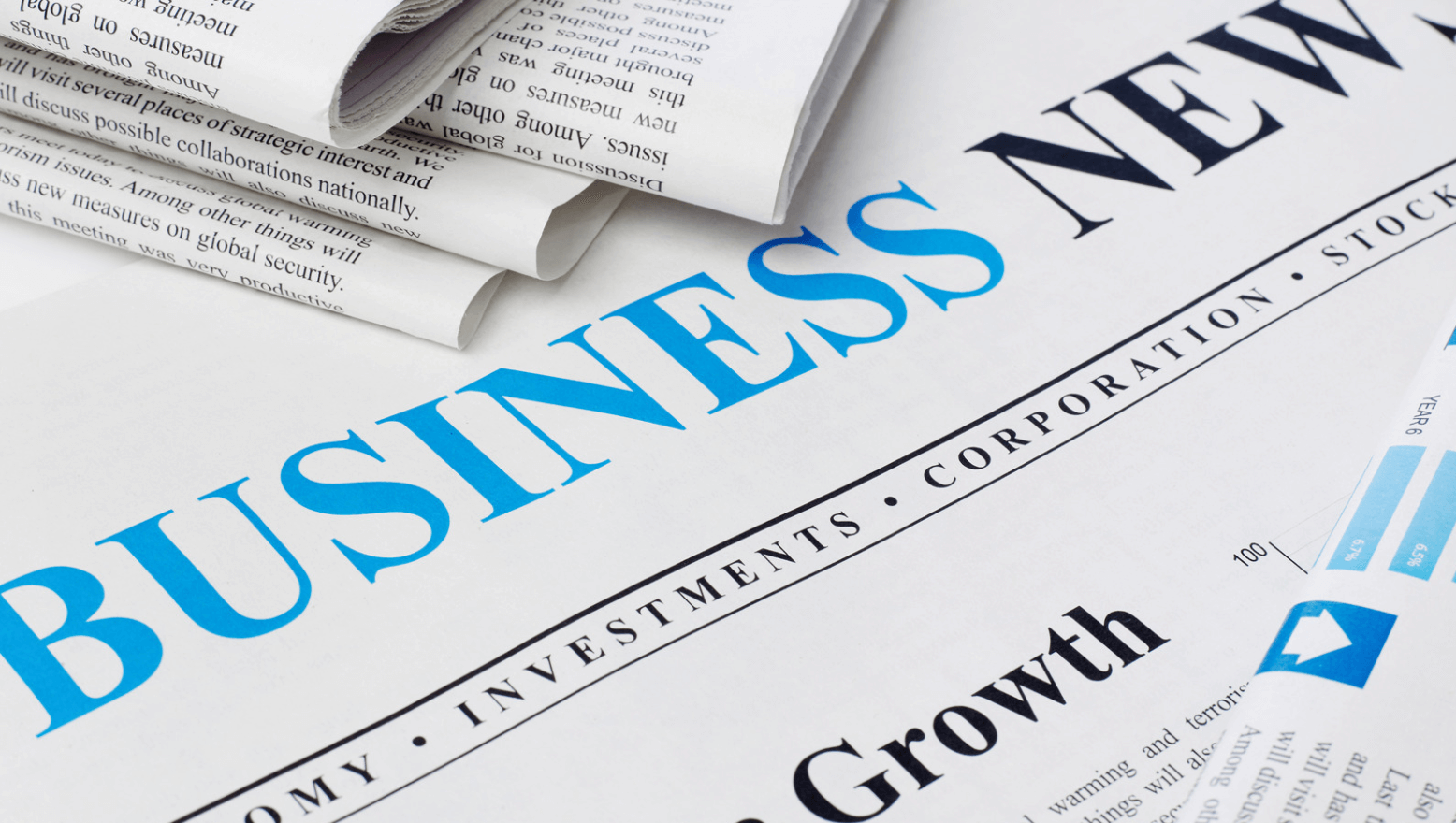Questions to ask yourself before beginning your property investment journey
When embarking on your property investment journey, there are many factors to consider even before you have begun to think about the property itself. While there are big decisions to be made for all property purchases – whether it’s a first-time purchase or your forever home – the questions we will focus on in this article are most pertinent to investment properties.
So, what should you be asking yourself before you begin?
What does it take to get started?
Some people might wonder “how much do I need?”, but it is far more important to ask yourself “what does it take?” because cash is just one thing you require to become a successful property investor.
In addition to your deposit, you will also need to be able to dedicate a certain amount of time and energy upfront in order to thoroughly self-educate and prepare your mindset.
Remembering that it is rare for a novice property investor to make money off their investment within a short space of time, you should ensure that your timeline to achieve a level of financial independence is set at around 15 – 30 years down the track. This doesn’t mean you won’t meet success quicker, but it pays to be realistic.
As well as being able to budget your time effectively, you will also need to become a person who sticks to a financial budget with great discipline. Far too often people cannot or will not stick to a budget because they fail to recognise that it is, in fact, a live document that requires constant monitoring and adjusting.
A budget should not simply be something that is written down on a piece of paper and filed away; it is actually a system that needs to be woven into the fabric of your lifestyle.
Again, be realistic. If you do not have a surplus at the end of each month, it will be almost impossible for you to invest in anything at all, much less property.
Once you can be sure you possess the financial acumen to make it as a property investor, you will need to think about what structures would be most suitable for you to hold your assets in.
Making the wrong decision can be costly, so it is wise to seek advice from an accountant or financial planner who can help you to determine whether it is best to hold your assets in your personal name, in a trust or in another entity.
If you have purchased property before, you will remember that there are a range of up-front costs to consider. These will, of course, apply to any investment properties you purchase.
While these costs can vary from state to state, the rule of thumb is 5% of the purchase price of the property. For example, if you were to purchase a $500,000 property, the 5% acquisitions costs rule means you will need an additional $25,000 on top of your deposit to cover these costs.
Deposit
You will need to have a deposit of somewhere between 10% and 20% of the purchase price of the property, depending on the lender and their policies. It is important to keep in mind that a deposit of less than 20% usually results in Lenders Mortgage Insurance being incurred.
Ancillary Costs
In addition to the deposit required to exchange contracts and secure the property, there are other costs associated with acquiring the property such as:
- stamp duty;
- lending charges;
- legal fees; and
- building and pest inspections
When, where & what should I buy?
All too often this question is split into three and people consider the ‘when’, ‘where’ and ‘what’ in the wrong order.
To become a successful property investor, you should develop a strategy based on these three factors, your circumstances and your personal goals.
When?
The property market is regularly described as being cyclical and economists or other experts may suggest ‘good’ and ‘bad’ times to buy. On a fundamental basis, yes, there are ‘good’ and ‘bad’ times to buy, but your own circumstances should determine when you buy. You are the most important factor when it comes to timing.
If you do not have a stable income or a solid budget that gives you a clear understanding of where your money is being spent each month, then now is not the time to buy.
You need to complete financial transparency before adding the expenses of an investment property to the mix as any deficiencies may be amplified and could even expose you to significant financial loss.
Conversely, if you have taken the time to educate yourself, diligently saved a deposit and maintain regular surplus cash flow to purchase a property that aligns with your long-term strategy and goals, now could be the perfect time for you to consider investing, regardless of what the media is saying about the market.
Fortunately, Australia will always present an opportunity to purchase a suitable investment property, so there is no need to feel pressured into buying property just because it might appear to be a ‘buyer’s market’.
Where?
In Australia’s property market, there are thousands of submarkets that each perform in different ways depending on their demographics and local economic conditions.
For example, some suburbs have a strong history of capital growth, with all fundamental indicators pointing towards future growth. So, if you are not requiring a strong rental yield and your strategy is a pure capital growth strategy then those suburbs would be an ideal fit for your personal circumstances and requirements.
What?
“Asset selection is the last piece of the puzzle”.
What do we mean by this? It’s simple: once you have defined your strategy and purchasing requirements it will become extremely clear what property type you will be searching for.
For example, if your strategy is to buy a property with development potential then it is unlikely that you will be looking to purchase a two-bedroom apartment.
How am I going to manage my risk and protect my assets?
The best ways to mitigate risk are by investing only when you can afford to and acquiring the types of assets that align with your strategy. By adopting this methodology, you will find that your portfolio has an inbuilt defence mechanism right from the start.
Additionally, you must consider the responsibilities that come with being a property investor, not only to your tenants but also to the lenders who enable you to finance your portfolio.
Budgeting as a means to save your initial deposit is an achievement, but remember that managing your money after you buy an investment property becomes more crucial than ever as it also bears more risk if you make a mistake.
To avoid this, continuously monitor your income and portfolio-related expenses, always factoring in costs such as mortgage interest, rates and utilities, maintenance, property management fees, insurance and vacancy periods as this is where you will be able to noticeably identify the difference between your gross and net yield.
Jay Anderson Property is not licensed to provide financial, taxation or insurance advice and we strongly suggest you talk to the appropriate professionals to obtain advice that suits your personal circumstances, particularly in relation to insurances.
The following products are typically recommended for property investors and will provide financial security in case an accident or tragedy occurs:
- building & contents insurance
- landlord insurance
- income protection
- TPD insurance
- life insurance
Without insurance, you may need to sell your property prematurely if you can no longer pay your mortgage or related costs.
We hope you will ask yourself these three important questions as you make a start on your property investment journey. If you would like to know more about how these questions might align with your personal circumstances please feel free to contact us.
Francis Rivero
Associate Buyers Agent
Jay Anderson Property
www.jayanderson.com.au
** General Advice Warning
The information provided on this website is general in nature only and it does not take into account your personal needs or circumstances into consideration. Before acting on any advice, you should consider whether the information is appropriate to your needs and where appropriate, seek professional advice in relation to legal, financial, taxation, mortgage or other advice.




